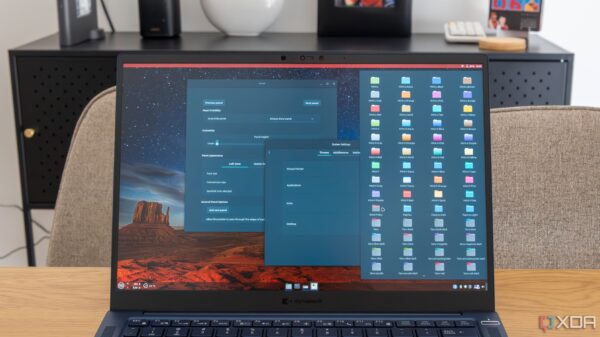California’s permitting system is facing significant criticism due to delays, rising costs, and bureaucratic inefficiencies that impact families and businesses. The state aims to address these challenges through the proposed Building an Affordable California initiative, introduced by the California Chamber of Commerce. This initiative seeks to reform the California Environmental Quality Act (CEQA), a law established in 1970 under Governor Ronald Reagan, intended to balance development with environmental protection.
The original intent of CEQA was to catalogue the environmental impacts of projects initiated by public agencies. While the law aimed to foster “productive harmony” between development and ecological safeguarding, it has increasingly become a source of obstruction. Currently, projects aimed at enhancing the environment, such as clean energy initiatives, water infrastructure improvements, and wildfire mitigation efforts, are often stalled due to CEQA litigation.
The Building an Affordable California initiative proposes to modernize CEQA while maintaining robust environmental protections. Under this initiative, all existing safeguards, including the Clean Air Act, Clean Water Act, and Endangered Species Act, would remain intact. Public comment periods would continue, and local agencies would still hold authority to approve or reject projects.
Proposed Changes to CEQA Timelines
One of the key changes involves establishing a strict timeline for public agencies. They would have 365 days to make decisions on essential projects. If agencies fail to meet this deadline, there would be defined procedures to address the delays. Additionally, courts would focus on substantive environmental concerns rather than procedural technicalities that often lead to prolonged lawsuits.
The initiative targets essential projects, which include housing, clean energy, water systems, healthcare facilities, public safety, broadband, and transportation. The proposed changes aim to create clearer timelines that will foster better planning and investment for businesses. Streamlined approval processes are expected to reduce construction costs, ultimately leading to job creation in construction and infrastructure sectors.
Impact on Communities and Environment
The initiative’s supporters argue that it will significantly benefit communities by facilitating affordable housing. By improving the permitting process, employees will have greater opportunities to secure housing near their workplaces, alleviating long commutes that can drive people out of California.
Critics may contend that these changes could weaken environmental protections. However, proponents assert the opposite. Currently, CEQA is obstructing vital clean energy projects necessary for achieving climate goals, delaying important water infrastructure that safeguards public health, and hindering wildfire mitigation efforts that are crucial for safety and habitat preservation. A legal framework that prevents necessary construction does not serve environmental interests; it merely creates what some have described as “analysis paralysis.”
A recent study highlighted that approximately 85% of lawsuits filed under CEQA were initiated by organizations lacking a proven commitment to environmental advocacy. This statistic underscores the urgent need to reform the permitting process in California.
The consequences of continued delays in the permitting system can be severe. Families require affordable homes, businesses need reliable infrastructure, and communities demand modern hospitals and clean water. The Building an Affordable California initiative aims to restore the original promise of CEQA, fostering a balance between development and environmental stewardship. Advocates argue that it is essential for California’s economic future and the well-being of its residents.





































































